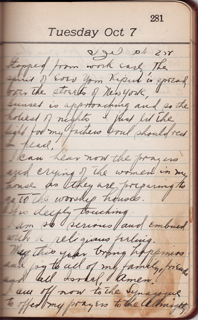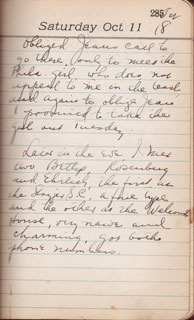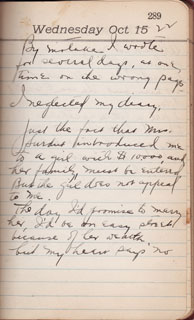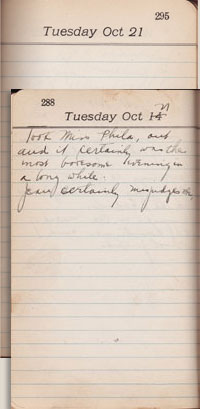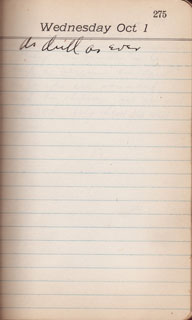
As dull as ever
——–
Matt’s Notes
When Papa says things are “as dull as ever,” perhaps he genuinely intends to say his life has little variety and little excitement (something New Yorkers incongruously complain about from time to time when, of course, we experience more stimulation walking down the street for thirty seconds than most people experience in their entire lives). Still, though his factory job really does sound boring, he filled his spare time with so much Zionist work, blind dating, visits to his sisters, movies, ball games, and assorted balls and banquets that it would be difficult to look at his social calendar and find anything “dull” about it.
As we’ve come to learn, though, he is frustrated with more than just his extracurricular schedule. He is, in fact, experiencing a deep struggle with a sense of stasis, a feeling that he’s stuck in a cycle of unfulfilled daydreaming while everyone around him seems to have evolved, enviably, due to the changes triggered by marriage and family life. That said, we’ve also realized, perhaps before he has, that he is in the midst of a wrenching personal change triggered by the death of his father. What is happening to him now — the final casting-off of his childhood, his attachment to the old country, the idea that he might one day reunite with his family — is not easy, might not change his day-to-day routine, but it’s certainly not dull.
